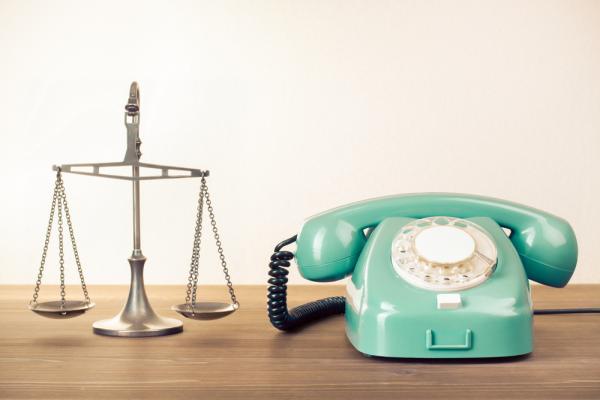To be black in America is to listen to death daily. To hear mothers wailing at unnecessary funerals, to see fathers mourning lost sons, to offer graveside prayers that puncture the heart of God — this is the sorrow song of a people, and a nation, haunted by racism.
Over our heads however, I hear the sweet, dark sounds of freedom in the air, calling for the dry bones of democracy to arise from the segregated sinews of our society. The multiracial chorus of protestors chanting, "I can't breathe," the die-ins, the walk-outs, and the highway-halting actions of youth from New York to Chicago to Tallahassee to Los Angeles represent a thirst and hunger for righteousness that includes and yet transcends voting.
To join within this symphony of justice, I am calling faith communities to participate in a national #DialInForJustice during the month of December. The goal is to call the Unites States Department of Justice and local police departments, communicating our desire to see systemic reforms to policing in America. This initiative seeks to lift up faith-filled voices alongside the already existing trumpet blasts of groups like the Organization of Black Struggle, Dream Defenders, PICO, Sojourners, and so on.
Why a dial-in for justice? Because the Zimmerman civil rights case, opened in August 2012, needs to close. Because the United States Department of Justice needs to open a patterns or practice investigation into the operation of the New York City Police Department and other localities. Because the federal government must help adjust what local cities and jurisdictions can or will not alter — the disproportionate, life-destroying use of power against people of color in the land of the almost-free, home of the sometimes-brave.
Renewed democracy requires reworking inherited traditions of social action. Phone banking for a cause is a proven way to mobilize not only votes, but to stir souls and share policy demands in the direction of racial justice.
It is our constitutional right to petition the government for the redress of grievances. Further, it is the sacred duty of all religious institutions — as a Christian preacher, I am especially but not exclusively concerned about the church — to call the State to fulfill its mandate to advance the common good (Romans 13:4). The catastrophic calamities of blue-on-black violence confront us in city after city. Our children are not safe within nor beyond our sanctuaries. A dial-in for justice will not resolve the implicit bias of cops who associate men of color with criminality or conceive of sun-kissed women as threats for surveillance. This joint effort, however, will ensure that we are talking to a primary entity — the Civil Rights Division of the United States Department of Justice — with the ability to address our manifold issues. When faith communities speak as one voice among others, we can make a difference. In the words of Rev. Dr. William Barber, let us move forward together, not one step back!
Rev. Andrew Wilkes is the co-minister to young adults and director of the Micah 6.8 Social Justice and Advocacy Ministry at the Greater Allen AME Cathedral of New York. He tweets about culture, politics, economics, and faith at @andrewjwilkes.
Got something to say about what you're reading? We value your feedback!
